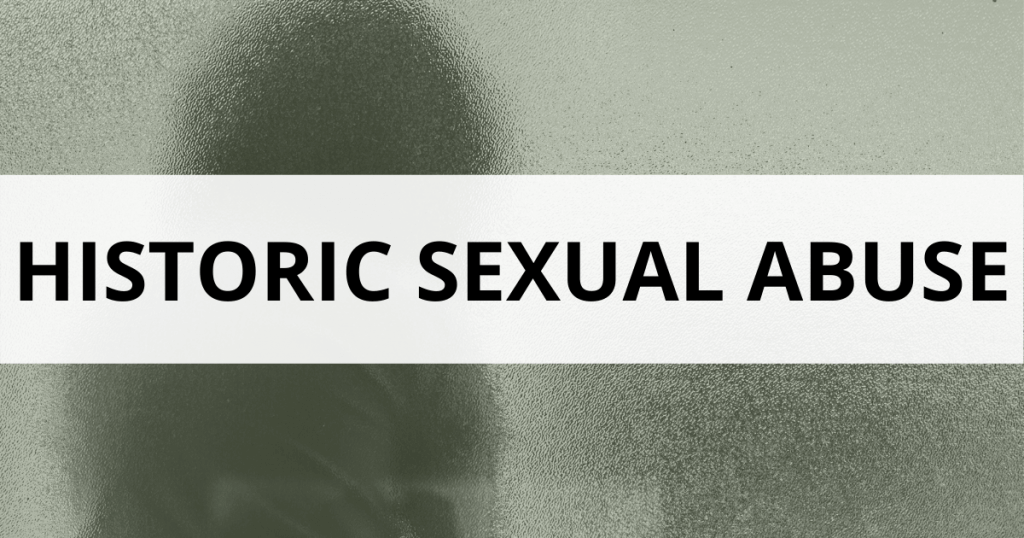Client Sexually Abused By Guards At Youth Detention Centre Wins Case Against State
Warning: the following article makes reference to sexual assault in a Youth Detention Centre.
This case involved serious allegations of a pattern of systemic physical, psychological, and sexual abuse perpetrated on a young detainee at a youth detention centre. The abuse continued for years and followed our client in adult prison.
The abusive incidents that occurred in this boy’s home resulted in multiple government studies and inquiries.
Serious abuse in a state-run youth detention centre
Our client, Luke*, was a child when Youth Detention Centre guards sexually abused and physically assaulted him. The state employed these guards to care for him. Staff entered his cells to commit physical and sexual assaults.
They also deliberately left and unlocked his cell door knowing that other detainees would enter, sometimes in gangs, to commit violent physical and sexual assaults on each other.
During his time there, Luke made numerous complaints. His actions also signalled that he was going through a very distressing time. Luke attempted suicide after spending a long time in an isolation unit.
Therefore, staff should have picked up on these signs and acted accordingly in response to his complaints.
State owed duty of care
There was an abuse of power because staff employed by the state owed a duty of care. However, after the guards sexually assaulted our client, he received minimal medical and psychological attention.
Furthermore, it was the law that if any staff believed that someone was abusing his child, they must make a formal complaint. This covers anyone who interacted with detainees in a professional occupation.
Our client complained to Youth Detention Centre staff about the sexual and physical abuse he got from the guards. Furthermore, he also complained about the predatory behaviour and conduct by older detainees. To his knowledge, they did not record the complaints and did not take action.
Abuse by other detainees
Staff left the detainees unsupervised for extended periods with other youths suspected of committing sexual assault. Staff also deliberately left their cell doors open so other detainees could come in and commit violent physical and sexual acts against them.
Those in charge should have been aware of these children’s vulnerable environment. Given that many of these detainees experienced traumatic childhoods, they needed extra care. However, staff put them in situations that caused them to suffer from stress, depression, and fear.
Detainees are also more likely to commit violent, sexually abusive, and bullying acts against one another. Therefore, guards should have provided extra supervision when detainees mixed. Instead, the ones in charge administered some of the worst abuse.
State failed to vet and check employees
Additionally, we found that the state did not have an adequate system for vetting the staff to see if they had a criminal history. Many suspected that some of the staff were a part of well-known gangs.
Given that these people were working with vulnerable children, this was a risk. Additionally, some even had child sexual abuse allegations against them.
We found that the youth detention centre had no systems for training the staff. Additionally, they had no way of checking on the detainees’ medical needs. The staff also had no procedure to report the behaviour of other staff members. This resulted in a dangerous environment for the vulnerable children.
Another issue was that several of the staff were family members. This resulted in an environment of nepotism which facilitated cover-ups of complaints. It also made Luke and the other detainees afraid to complain, allowing the abuse to continue.
The use of isolation as a punishment
During Luke’s time of incarceration, the following actions were prohibited:
- The use of isolation as a punishment, except in special circumstances,
- Using physical force on the detainee, except in certain circumstances,
- The use of any form of psychological pressure to intimidate or humiliate the detainee,
- The use of any form of physical or emotional abuse;
- Any form of discriminatory treatment.
However, guards still enforced isolation as a punishment. They placed detainees in cells nicknamed the ‘suicide cell.’ Sometimes, they left detainees in the suicide cells following strip searches with no clothes on and did not allow them to use the lavatory.
Luke attempted suicide after they held him in an isolation cell for three days.
Unlawful strip searches and sexual assaults
The guards also performed strip searches at various times. These searches were sexually invasive and often involved anal cavity searches. Guards also laughed at the detainees during these searches.
Additionally, guards also punched, choked, whipped, and kicked Luke as a form of punishment.
Enforcement of unnecessary medical treatment
At various times, detainees were also subject to medical interventions carried out by guards. They made them put on cream which burned Luke’s skin and caused scarring. The guards made him wear this cream even though he did not have the condition the treatment was for.
Impact of abuse
Due to the assaults and batteries, Luke suffered harm and a tremendous amount of injury. For example, he suffered physical and psychological, discomfort, distress, and humiliation.
As a result of these traumatic experiences, Luke suffers from a complex post-traumatic stress disorder, anxiety, and other mental health conditions. This has greatly negatively affected every aspect of his life.
Successful outcome for our client
A government inquiry looked into this abuse. The report captured damning findings.
We resolved the claim through negotiations on behalf of our clients and he was awarded appropriately.
How we can help
If you or someone you know has experienced historical abuse, it is important to seek legal advice and support. Our law firm has experience in handling such cases and we can help guide you through the legal process, ensure that you understand your rights, and provide you with the support you need to seek justice.
*Names have been changed for client confidentiality.
Other Case Studies Can Be Found Below
Menu


